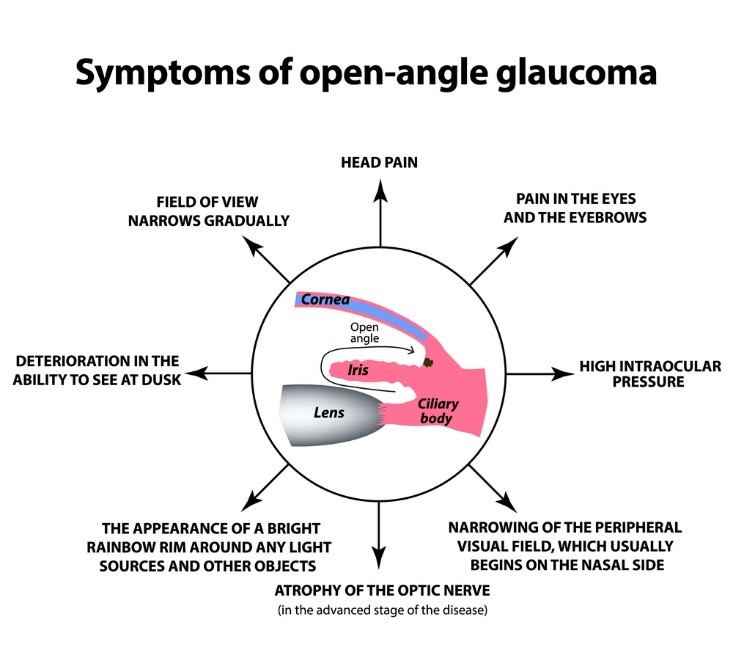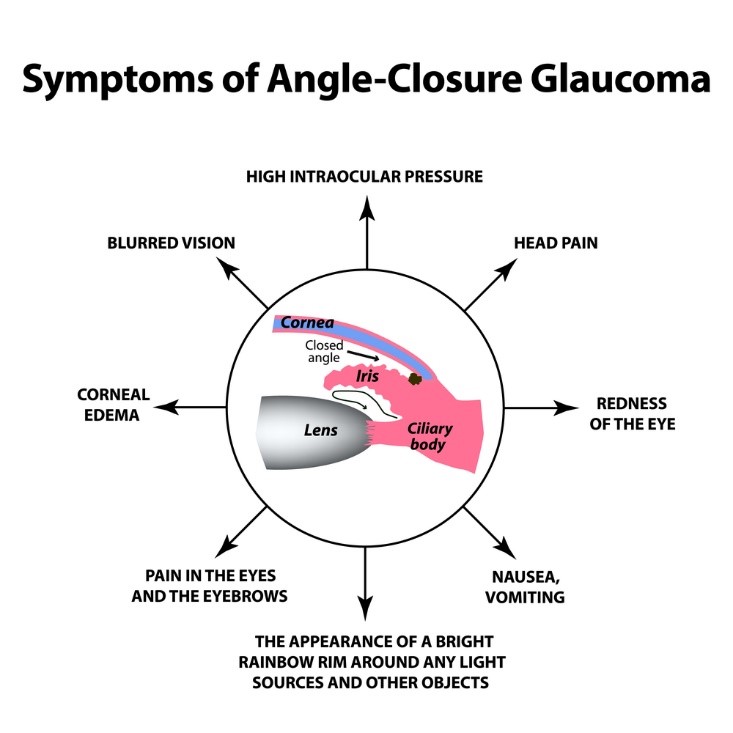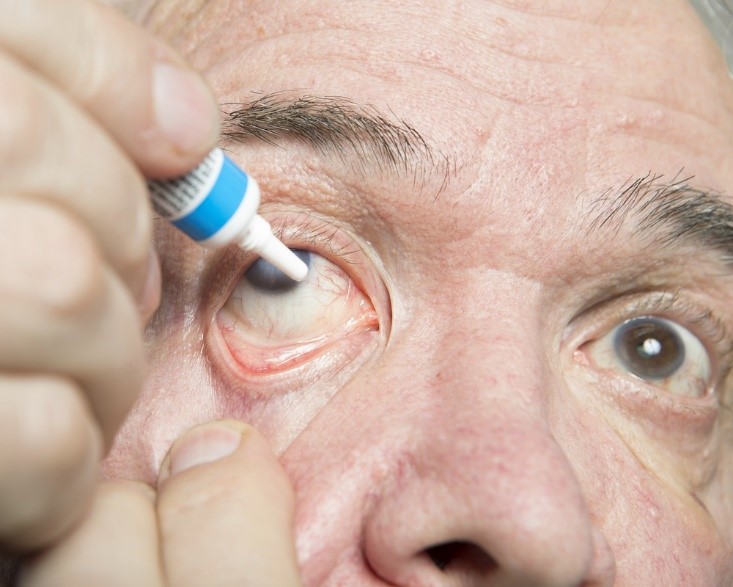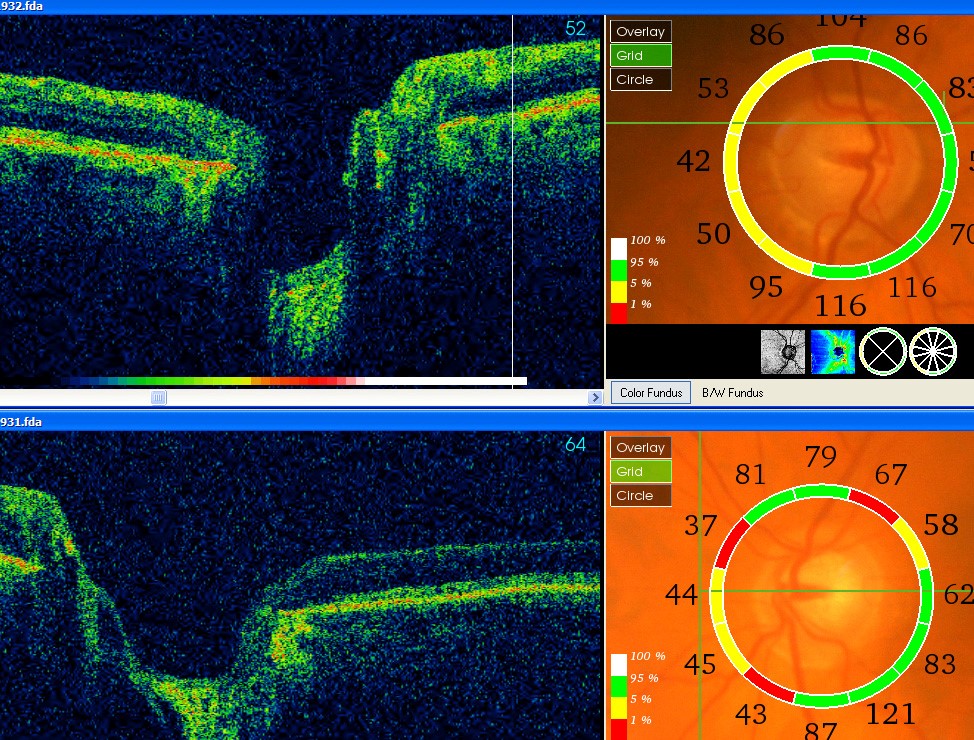How to Prevent the Onset of Glaucoma
An Invisible Disease
World Glaucoma Week this year starts on March 10th and the focus is on raising awareness, early detection and prevention. Glaucoma is one of the main causes of irreversible sight loss in the UK and around the world. Known as the “silent thief of vision”, most types of glaucoma have no early symptoms, making early detection almost impossible without testing.
Glaucoma is a group of eye conditions that usually occur when there is increased pressure from the fluid in your eye, which ends up damaging the optic nerve.
There is currently no known cure for glaucoma, so the aim is to raise awareness about the condition and to prevent the sight loss that it causes.
A routine eye test should detect most glaucoma as it includes visual field and eye pressure tests. If you have a family history of glaucoma you are entitled to NHS free eye test.

An eye pressure test is a part of our routine eye examination to check for signs of glaucoma
Who Is At risk?
There are numerous factors which can affect your risk of developing glaucoma. Your age, ethnicity, family history, your eyesight prescription, being diabetic and steroid use, are all factors.
Glaucoma occurs more frequently in older people and in diabetics. Around 2% of those over 40 have glaucoma, and this rises steeply to 10% for those over 75. Those from an African-Caribbean ethnic background or East Asian origin are also potentially at a higher risk.
For those who have family members already diagnosed with glaucoma, the lifetime risk of developing glaucoma rises up to as high as 20%.
Why Is It Important to Be Checked?
There are multiple types of glaucoma and all present significant risks to eye health. Treatment is different in each case and all types depend on early diagnosis to prevent irreversible sight loss.
The two main types of glaucoma are:
Open angle glaucoma – this develops silently over time, has fewer symptoms, and often begins by affecting only peripheral vision.

Acute angle glaucoma – this can sometimes create misty vision or rainbow-coloured rings around lights. However, for most people, the first symptom will be a sudden pain behind the eyes due to pressure build-up.

How to Prevent Glaucoma
It is very rare to lose your sight completely if you detect glaucoma early enough, which is why regular testing is so crucial.
If detected early enough, the way to prevent glaucoma causing eye damage is often very simple. Your optician may prescribe eye drop therapy, or a routine laser treatment if caught early enough.

Prescribed eye drops to manage glaucoma
Remember, if you are over 40 years old and have a family history of glaucoma (which is a “first degree relative”, i.e. a parent or sibling with the condition), you are entitled to a free routine eye test on the NHS.
At Optikal Opticians, we also offer a 3D OCT test – a hospital quality optic nerve assessment which provides a detailed image of the back of the eye for our optometrists to asses. This can be used to detect very early signs of many eye problems in the deeper layers of the retinal tissues.

An OCT scan showing early signs of suspect glaucoma through images of the retinal tissue layers (right) and the back of the eyes (left).
To book in for an eye test with us, call or request an appointment at one of our clinics in Potters Bar, Finchley or Temple Fortune.
